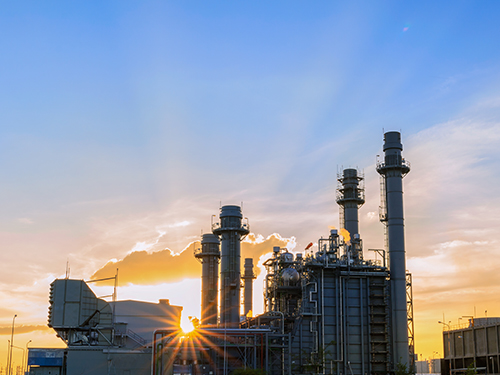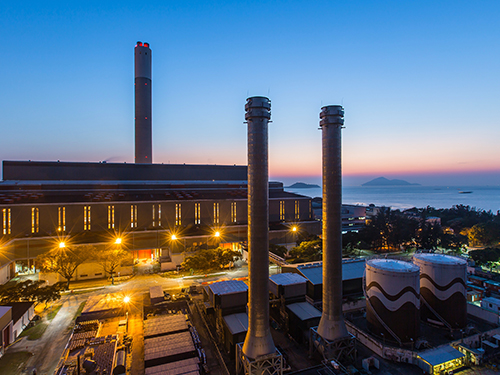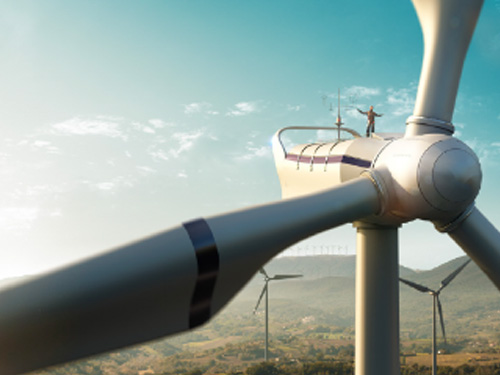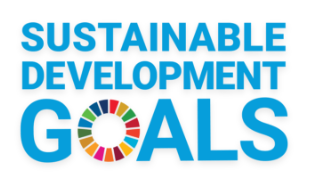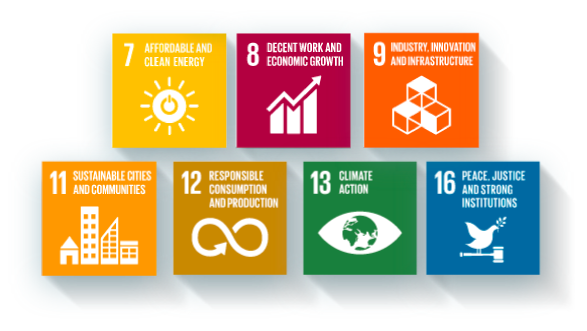Setting goals and conducting businesses that support the Sustainable Development Goals of the United Nations (SDGs)
GPSC has supported 7 of the 17 main sustainable goals, namely Goal 7 (Affordable and Clean Energy), Goal 8 (Decent Work and Economic Growth), Goal 9 (Industry, Innovation, and Infrastructure), Goal 11 (Sustainable Cities and Communities), Goal 12 (Responsible Consumption and Production), Goal 13 (Climate Action) and Goal 16 (Peace and Justice). The company aims to establish management guidelines for sustainable development and benefits of all stakeholders.
